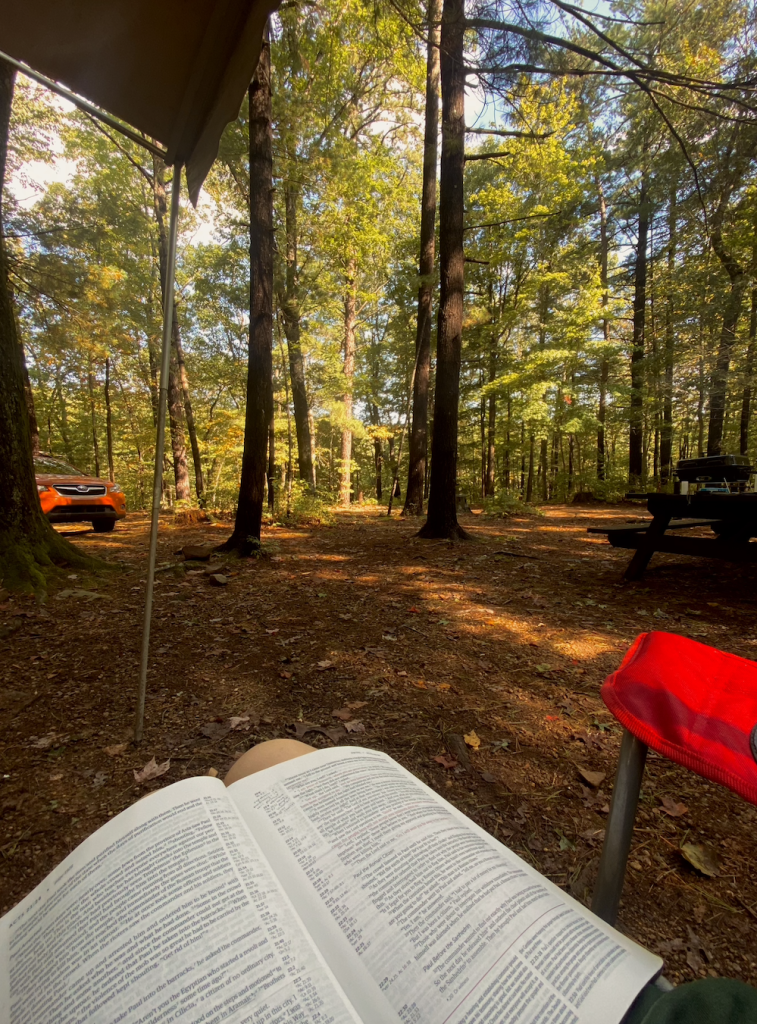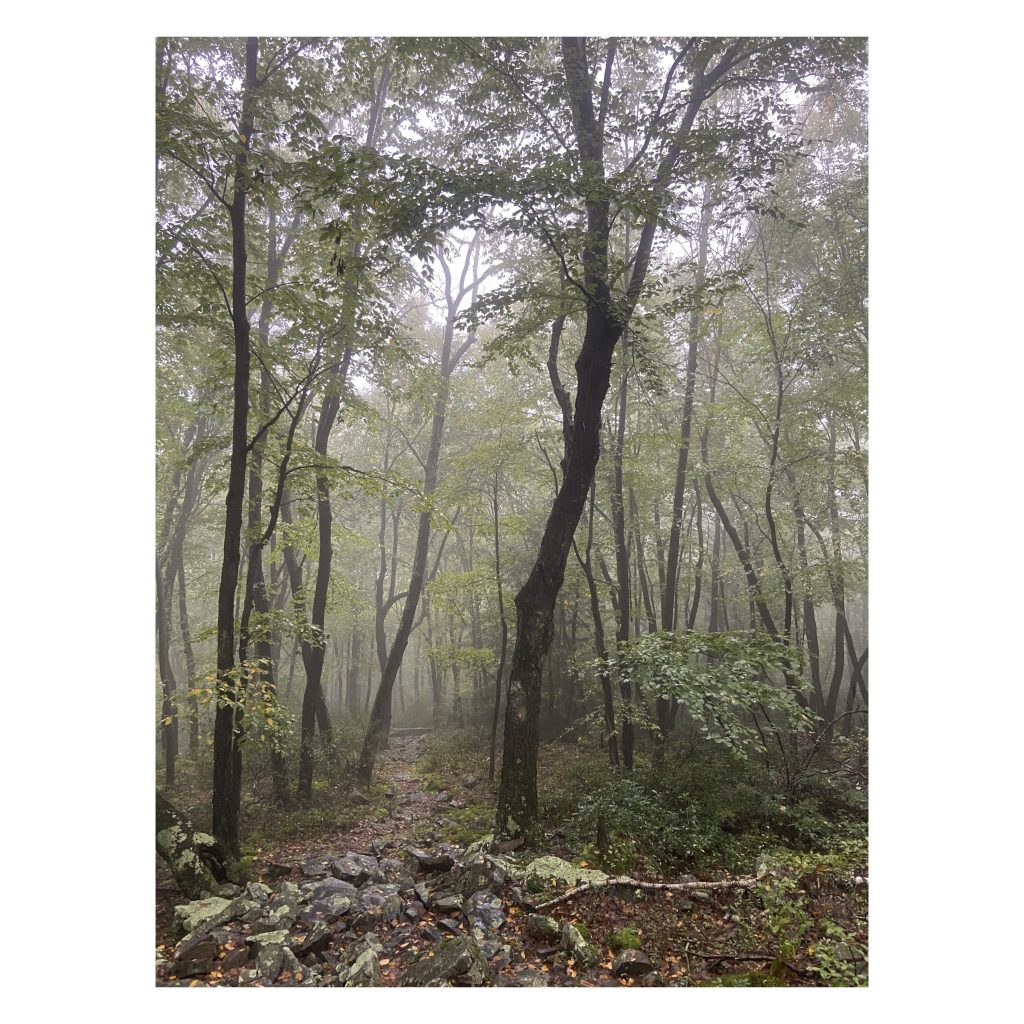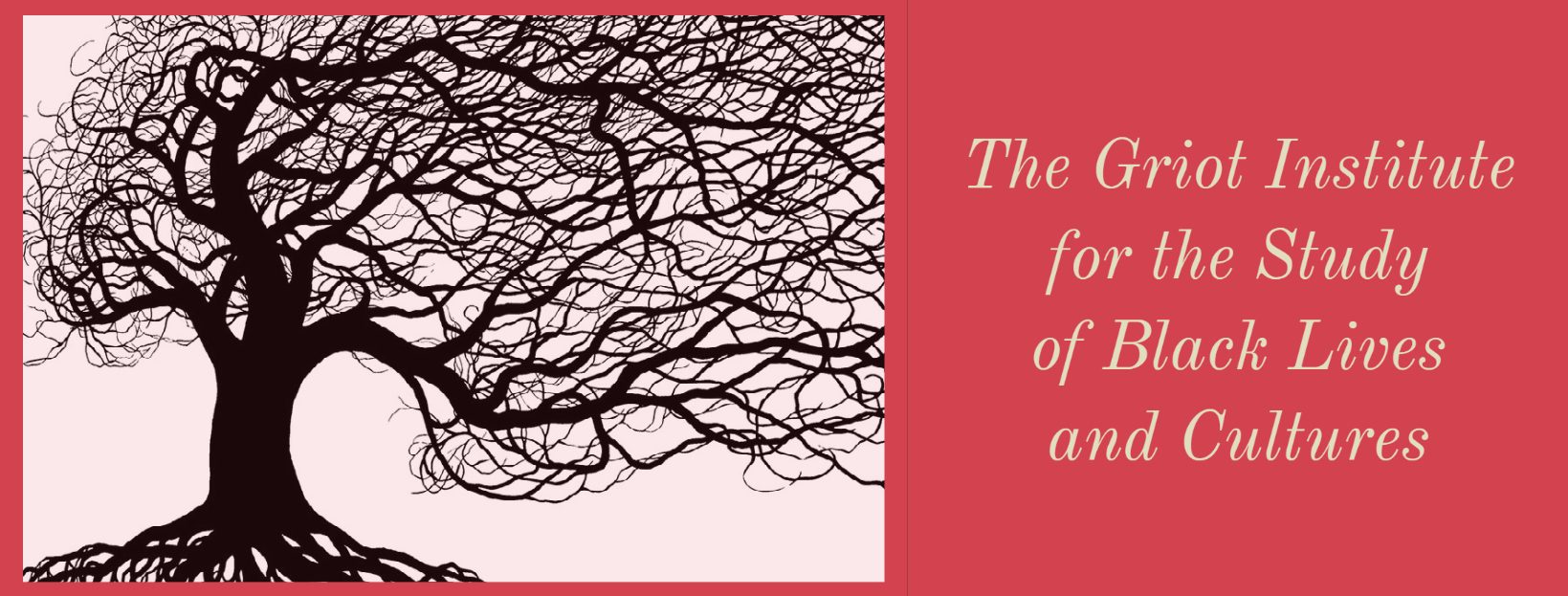
The Dancing Mind Challenge brought students, faculty and staff, and community members together for a lightheated reading competition. The goal, inspired by Toni Morrison’s reflections in her essay “The Dancing Mind,” challenges participants to unplug from their devices and read without any interruption or distraction for as long as they can (2-8 hours on average).
There is a certain kind of peace that is not merely the absence of war. It is larger than that. The peace I am thinking of is not at the mercy of history’s rule, nor is it a passive surrender to the status quo. The peace I am thinking of is the dance of an open mind when it engages another equally open one.“
— Toni Morrison, “The Dancing Mind”
After the challenge was completed, participants were encouraged to share their experiences in a written reflection. Stacie de la Parra wrote that the experience brought “physical, emotional and mental relief” from being free of distractions, unburdened by the weight of time. This sense of relaxation was felt by all participants, as elucidated by Jamie Brouse who described the experience as “relaxing and enjoyable,” an escape into solitude. Sarah Baily, a self-labled phone addict, admitted the difficulty of consecutive reading, but once they surrendered to the immersion of the challenge, they “felt so clear headed and relaxed… it made me realize how little value my phone has… I have always loved reading, but this challenge gave me clarity as to how important it is for mental health.”
Steven Beardsley wrote more about what he learned from the reading itself, noting that they “felt an especially deep connection both to Benjamin’s radical refusal of a eugenic imaginary as well as her attention to doing so through feminist technoscience and technofuturity through Black and Indigenous futurisms.” Beardsly continued, noting that another reading “inspired reflections on the violent act of reporting and the limits of language but also the refusal to use metaphors in creative writing that elide racial difference as well as the violent erasure of Palestinian Americans and the ongoing genocide in Gaza.” Concluding the reflection, they explained that the experience was “beautiful… and gave me a lot of ideas both for what I hope to continue doing and what I hope to share with my students, colleagues, friends, and family.
Another participant, Alicia Mack, described the difficulty of the challenge– of letting the mind flow. However, reflecting on that challenge, Mack writes “I guess dancing doesn’t always have to be graceful.” Once they found “the flow,” Mack explains how the exercise demonstrated the “value of pushing through an initial lack of enthusiasm for the sake of achieving a goal… some actual progress beats the stagnacy of waiting for a perfect moment that likely will not show up.”
Finally, the challenge winner, Sophia Blea Núñez, who read for a consecutive 8.5 hours, wrote that “I gleefully ignored the piles of grading and laundry, the need for a grocery run, and all screens, but particularly email and Moodle.” Núñez described the experience as a “physical kind of reading… my body no more stationary than my mind: I read at the kitchen table, at my desk, at one end of the couch and the other, legs criss-crossed or dangling or tucked up to make a resting place for a book, sprawled on the floor on my belly, sitting on the rug… even walking my dog slowly through the neighborhood, book in hand.”
I myself participated in the challenge (and would have won too with 9 hours total 😒 had I only remembered to submit a reflection). I digress… Luckily for me, I had gone camping with my family for my brother’s family weekend in Virginia. I had no cell service, and thus no technological temptation. I read under the canopy of trees, serenaded by a choir of birds and rocked by a light breeze… the distant hum of a nearby river was a steady constant, its many streams stretching out and trickling through the forest around me. I was reading the book of Acts, making messy margin notations so I could cram my free flowing thoughts into a tangible space, cataloguing them for future use. I remember how wonderful it felt to be in time, to exist for a moment in a kind of timed yet timeless suspension in reverie– thinking about how it must have been before technology… how fantastic yet also terrifying it must have been to be alone with oneself completely… to be in silence. Our generation cannot compute this feeling, I think, because we are always computing, always consuming content. I enjoy stillness, peace, walks in nature… being away from technology… but to live in that space of boredom, of meditative silence. That is the true challenge. In reading our minds can dance, but in stillness….. no wonder writers were so great at telling stories, at thinking up authentic ideas, in creating… in dancing.

I am reminded of Samuel T Coleridge’s “The Eolian Harp,” where he compares the mind of man to that of a wind harp, that in nature or some imaginative free space which each “tells us of silence,” the wind hits our strings and we sing– create– dance.
“O! the one Life within us and abroad,/ Which meets all motion and becomes its soul./ A light in sound, a sound-like power in light,/ Rhythm in all thought, and joyance everywhere—/ Methinks, it should have been impossible/ Not to love all things in a world so filled;/ Where the breeze warbles, and the mute still air/ Is Music slumbering on her instrument…/ And what if all of animated nature/ Be but organic Harps diversely framed,/ That tremble into thought, as o’er them sweeps/ Plastic and vast, one intellectual breeze,/ At once the Soul of each, and God of all?
Samuel T Coleridge “The Eloian Harp”
I digress, again. Apologies… I was letting my mind dance. 🙂
Though the success of the challenge is subjective, as everyone clearly took something positive away from the experience, it seems the ‘success’ comes in fluidity, in motion both of mind and body– allowing a kind of unity to occur that perhaps our technology bisects. Technology becomes an extension of our bodies– an expansion of our minds. When we turn off the screens and face our reflection in that black mirror, the inverted visage staring back reminds us of the consequence of endless pursuit toward technological advancement when partnered with a neglect of our humanity– a world that has forgotten how to dance.
–Ryleigh Roberts
